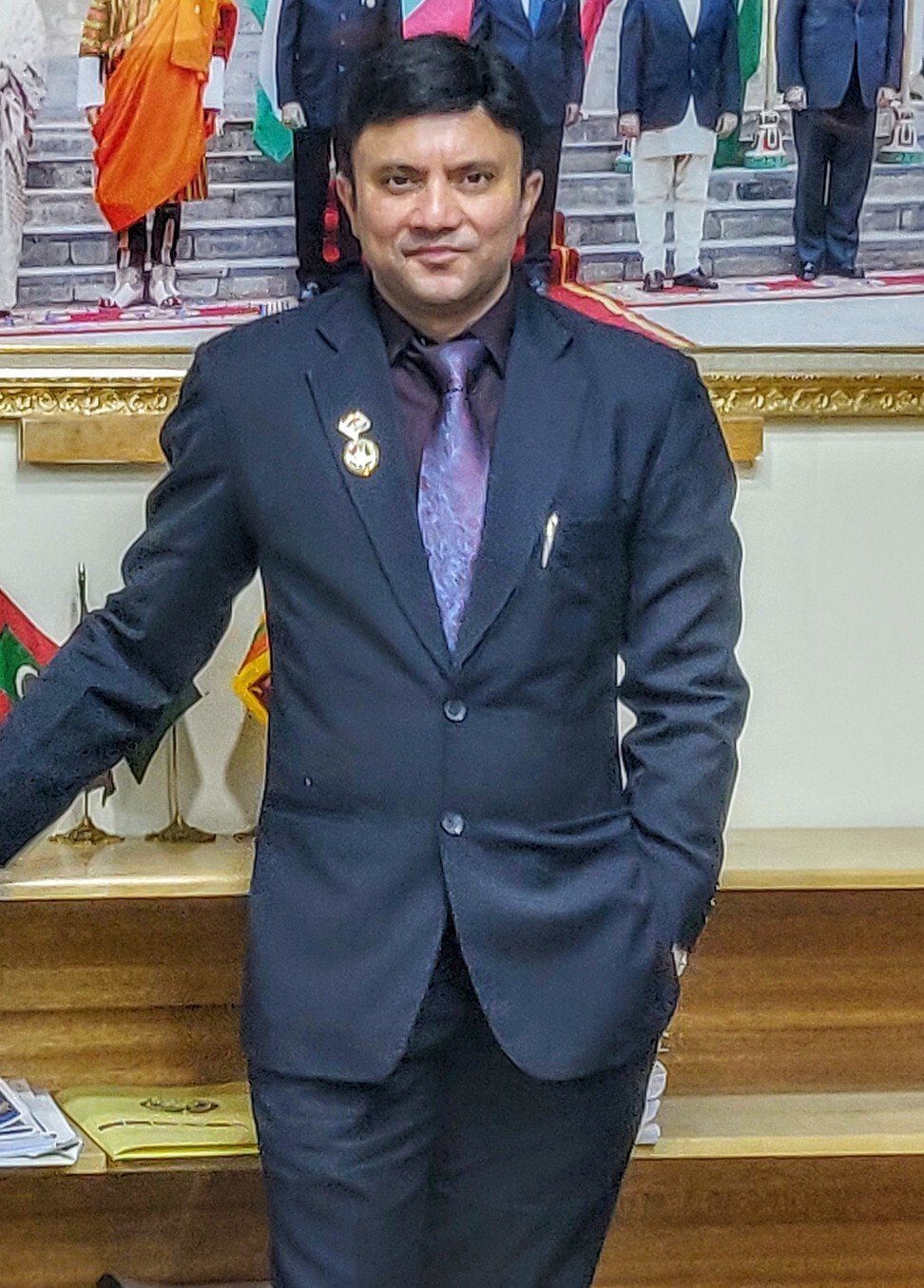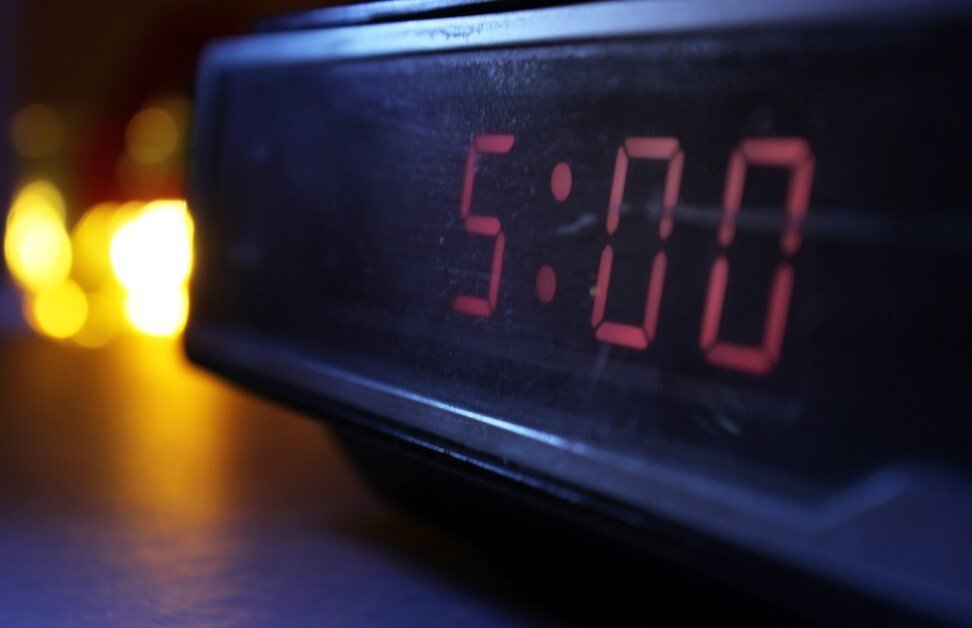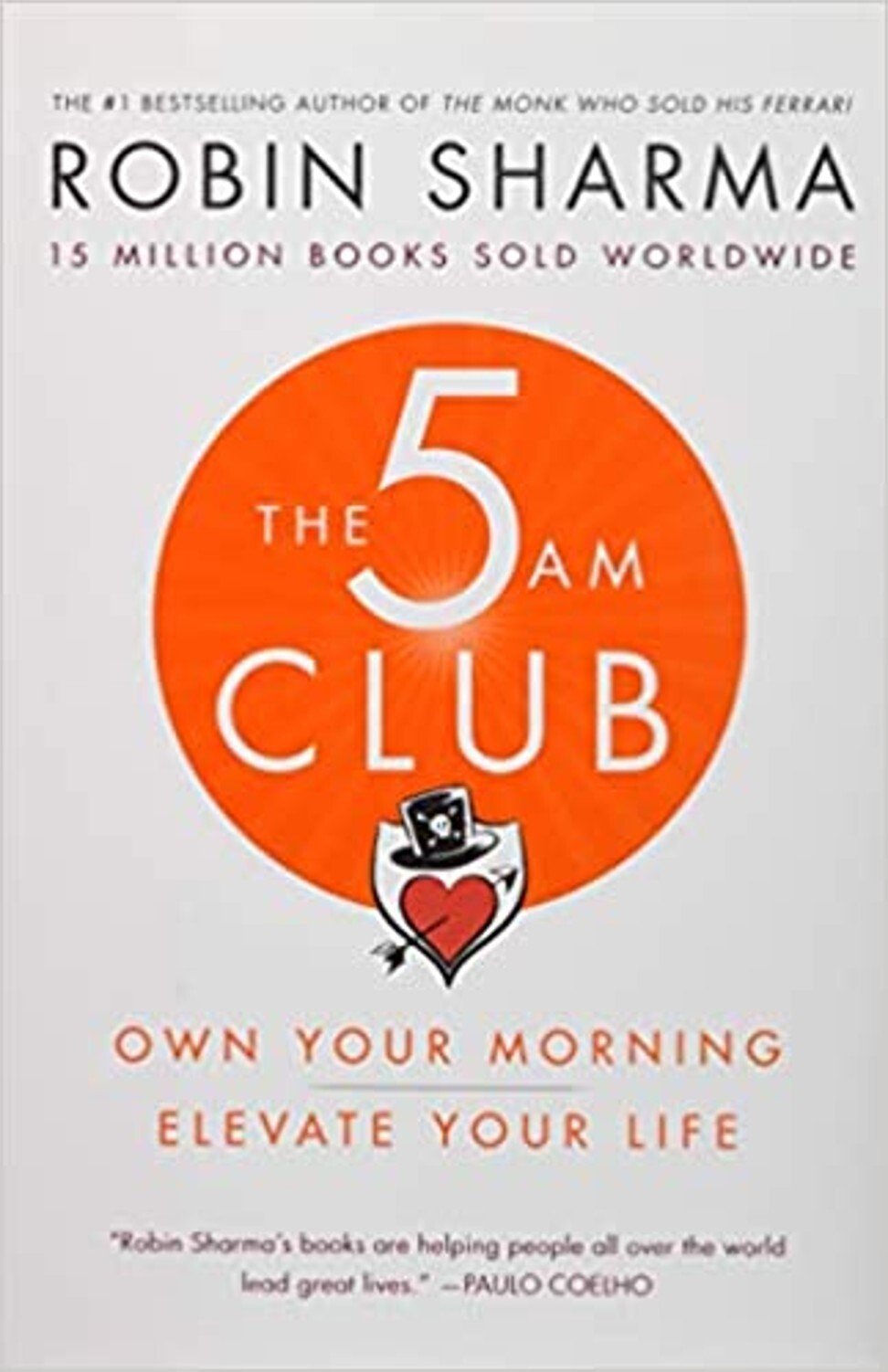
‘The best ideas come early’: the benefits of being awake at 5am
Waking up at 5am has been a habit for Abhinav Sood, a public relations professional in Delhi, India, for more than three decades. He gets up at the crack of dawn to work out – a regime of push-ups, floor exercises and jogging – catch up on the news and have a healthy breakfast of cereal, eggs and fruit.
“The best business strategy ideas come early in the morning, when the mind is free of stress,” says the 46-year-old, a director of Communications Inc.
Sleeping is one of life’s pleasures, and many of us relish staying in bed, sleeping in and getting up only if absolutely necessary. But there is something magical about getting up before sunrise, savouring the peace and quiet, and leaning into the day gently. Mornings do matter.
As Sood says: “Getting up early helps me commute earlier, beating the traffic, and makes sure that I am not rushing through the day with a cluttered mind.” That leaves him better equipped to prioritise and solve problems.

In his book The 5AM Club, bestselling author and leadership guru Robin Sharma says that “our most valuable hours are between 5am and 8am”.
Why? They have the least interruptions. He advocates the first 20 minutes be devoted to movement and physical exercise – to pump up the feel-good dopamine and serotonin levels and kick-start your metabolism. The next 20 minutes should be spent in reflection, whether writing in a journal, in meditation, praying or contemplating.
Business leaders and celebrities who start their day early include Apple CEO Tim Cook, British entrepreneur and Virgin Group founder Richard Branson, American television host and philanthropist Oprah Winfrey, Twitter co-founder Jack Dorsey, and American actress Jennifer Aniston.
Getting an early start to the day can help you maintain a healthy diet, by giving you time to eat a proper breakfast.
Those who prefer to have a lie-in frequently don’t eat breakfast, which can be bad for mental and physical well-being and may contribute to weight gain.
Recent research from Northwestern University in the United States found that late risers get less sleep and go to bed later, consume more calories at dinner and after 8pm, eat more fast food, drink more high-calorie soft drinks, and eat less fruit and vegetables. Overall, they consume nearly 250 calories more per day than those who rise early.
Malini Kalyanam, 57, a corporate trainer and pottery teacher based in Chennai, India, takes delight in getting up at sunrise.
“When I get up early, my day is filled with calmness and positivity, plus I get a good dose of Vitamin D from the early morning sun rays. I spend some time in the garden watering my plants, and pray and meditate in silence. This helps me feel energetic and rejuvenated, and motivated to accomplish all my tasks of the day.”

We have an internal clock that manages everything from the beating of the heart to our body temperature. It is this circadian rhythm that triggers the production of a chemical in the brain called melatonin which helps us fall asleep.
It is affected by our sleep schedule, and a consistent cycle of sleeping and waking up increases the effectiveness of the natural sleep stages that help the body and mind heal.
“Regularity in the timing of sleep, and at least eight hours of sound sleep, [are] required for the body to repair and revitalise,” says Dr Sheela Chakravarthy, a specialist in internal medicine at Fortis Hospital in Bangalore, India. “Growth hormones that are essential for muscle development are also released and tissue and bone repair happens. The immune system reboots itself while you sleep.”

Waking up early gives us the time for a healthy start to the day, says Dr N Ramakrishnan, a senior director and consultant for the Nithra Institute of Sleep Sciences in Chennai. “It feels good to start the day with time for exercise and breakfast, and more importantly prevents [the] adrenaline rush that could result from a hurried start to the working day,” he says.
Ramakrishnan warns that this cannot be at the expense of reduced sleep time. It is crucial to go to sleep early and get enough sleep to keep you awake, alert and active the next day, he says. “Most adults would require six to eight hours of sleep to feel refreshed, and an early wake-up time impinging on this may lead to fatigue during the day.”
A study of genetics at the University of Exeter in the UK in 2019 found that being biologically programmed to wake up early is linked to greater happiness and a lower risk of schizophrenia and depression.

Researchers found that the “evening types” who prefer to stay up late and rise late may be at greater risk because they have to fight their natural body clock, given most workplaces require employees to start work early.
Night owls may argue that it’s possible to get extra work done late at night, but most of us are conditioned to be productive in the mornings. Sood, the PR professional, says: “When I stay away from TVs and phones, eat a light dinner, go to bed early and wake up early, the quality of my life is definitely enriched.”










